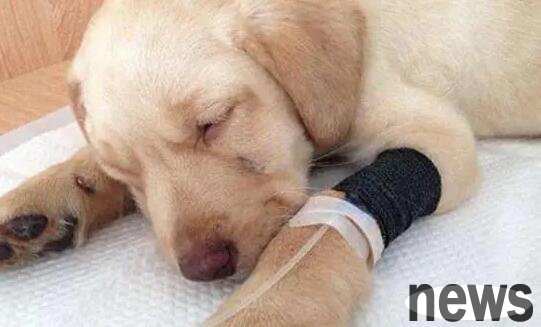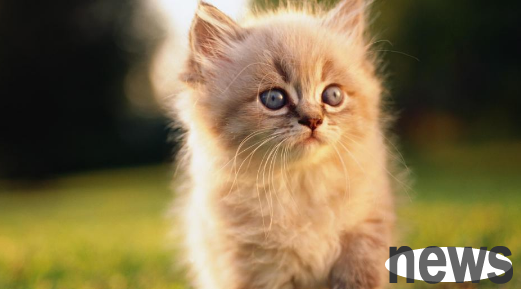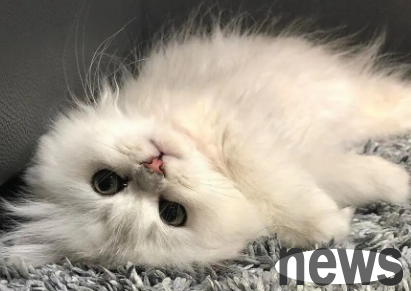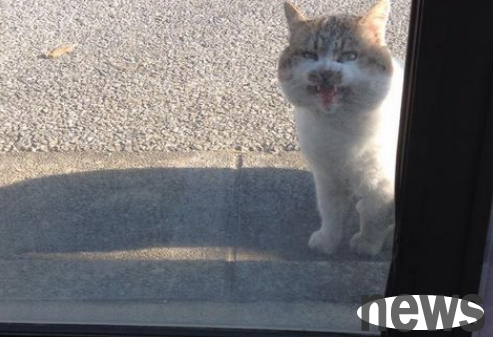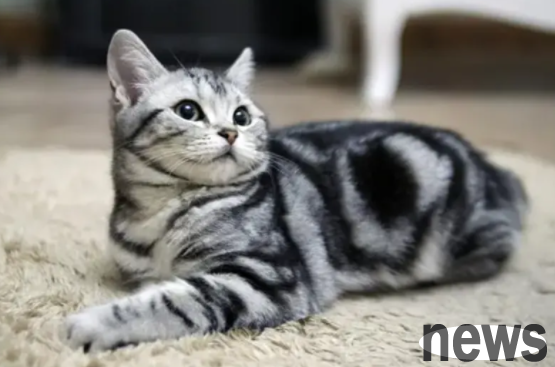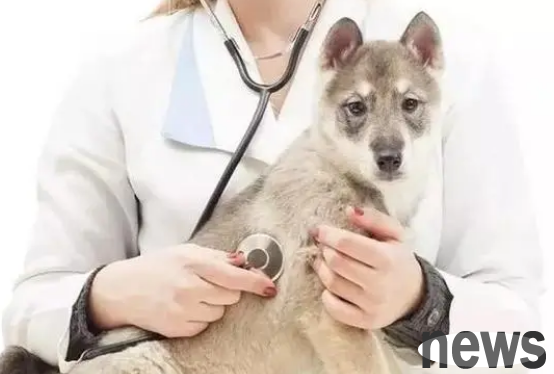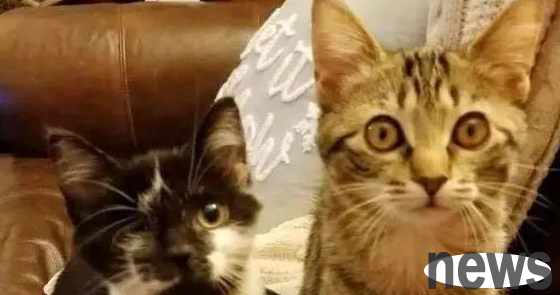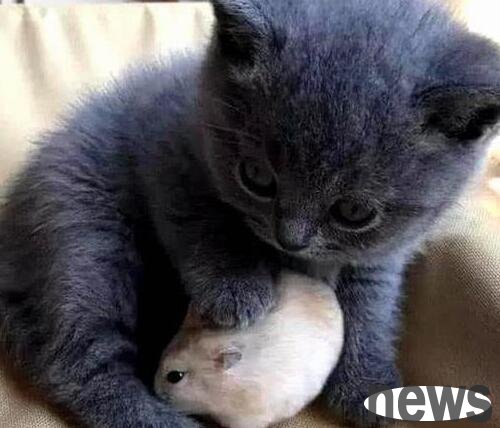Cats don’t like to eat mice, and catching mice is just these reasons, but they are always misunderstood.
There is a saying: Cats eat fish, dogs eat meat, Ultraman likes to fight small monsters.
Everyone has some misunderstandings about cats' living habits.
Just like a human sucking cats will cause cat hair to enter the lungs and cause lung disease.
Many people think that cats are born to like to eat mice. The reason why cats become the nemesis of mice is because cats' main target of predation is mice.
This cognition is gradually gaining popularity in the mouths of parents in various cartoons, TV series and teachers' teachings. Everyone gradually thinks that cats like to eat mice, and mice are cats' favorite food.
But just like cats like to eat fish, eating only fish can meet all needs, this is actually a rumor that has deceived us for many years!
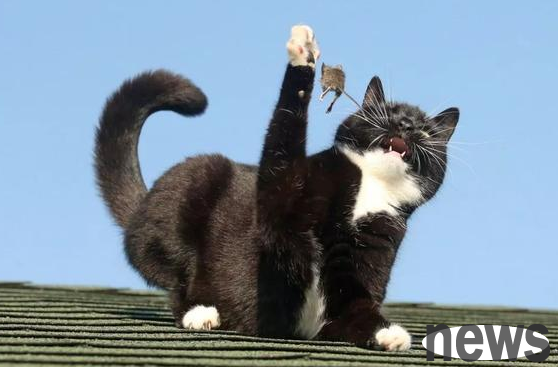
Yes, the truth is that cats don't like to eat mice!
Why do cats eat mice?
Control I believe many people will ask this question: cats don’t like to eat mice, so why do they eat mice?
In fact, this question is not difficult to answer, so let’s follow the controller to explore the secrets of the cat.
First: The most fundamental reason why a cat eats mice is that it needs to obtain an amino acid that the cat itself finds difficult to fully supply. (PS: Cats cannot synthesize the required taurine from other amino acids, such as methionine and cysteine, while many other animals, such as dogs, can use glycine or taurine to convert them into bile acids)
The name of this amino acid is called taurine, and its function is to act on the liver and eyes, which can improve cats' nocturnal vision.
Cats who have been deficient in taurine intake for a long time will experience the following symptoms:
Retinal degeneration fcrd: vision loss, which may lead to total blindness.
Different cardiomyopathy: The cat's heart muscles cannot contract normally, resulting in heart failure.
Gastrointestinal Diseases: Bile cannot be secreted smoothly, nutrition cannot be absorbed smoothly, and symptoms of dyspepsia occur.
Reproductive failure of female cats: lack of taurine will not lead to normal pregnancy delivery and kittens survival.
Delay in kittens: Taurine plays an important role in maintaining brain operation and development. It can also help electrolytes enter and exit cells, strengthen brain function, reduce the level of glutamine in the brain, and protect the brain. If the kittens lack sufficient taurine, it will cause great harm to their future growth.
Immune dysfunction: Taurine can protect the cat's stomach, intestines, liver and enhance cat's resistance. Cats lacking taurine will experience and have reduced skills, and various diseases and symptoms will appear.
Secondly: Cats that cannot synthesize enough taurine themselves can only make up for their needs by eating. Among the foods that cats can come into contact with, the foods rich in taurine are: fish, mice, birds, frogs...
In other words, the main predators of cats are actually taurine-rich species, which does not mean that the foods that cats do not consume do not contain taurine.
For example, cats do not eat pigs, cattle, sheep and other animals, but the taurine content in these animals is also extremely high, but they are difficult to become a source of food for cats to provide for long-term food.
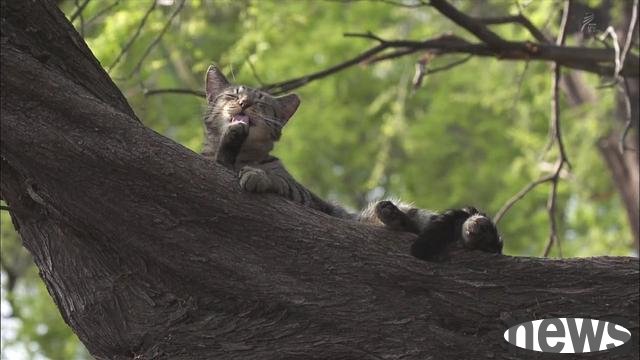
Let's analyze it carefully. Don't think cats like to eat birds. The root cause is: birds can fly!
Only cats with excellent skills in accidental situations will prey on several birds and cannot be the main source of food.
So although fish are eaten more by cats than birds, the most common thing that everyone sees is cats catching mice.
The mice have the following characteristics: fast reproduction speed, high meat production, and are nocturnal animals like cats.
So it can be understood that cats use mice as their main source of food without sufficient food.


